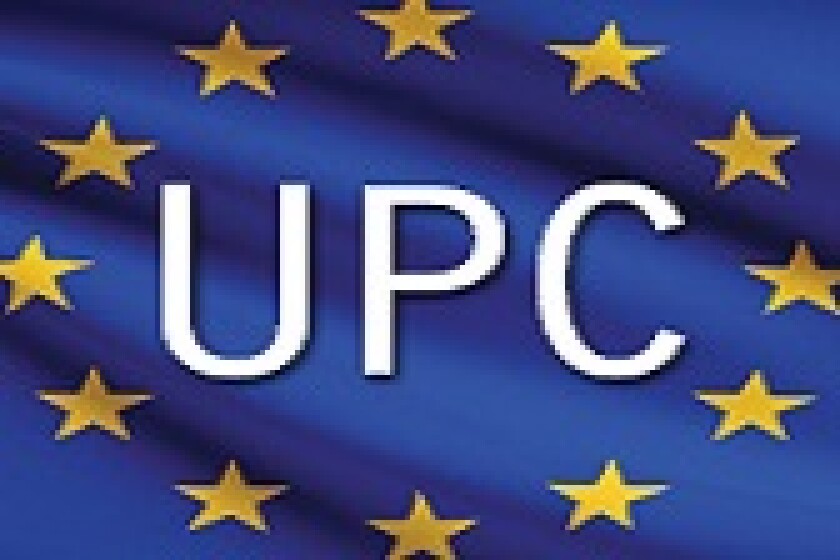Sources say a UPC featuring the UK is now unlikely given the UK’s pursuit of a ‘hard Brexit’.
Luke McDonagh, senior lecturer at City University in London – and who has been following UPC matters closely – says if there is a ‘no deal’ then there is “very little chance the UK will remain in the UPC”.
Thorsten Bausch, partner at Hoffman Eitle in Munich, agrees and says that the UK’s participation will be “extremely difficult – if not impossible – for political and legal reasons”.
Recent events
Most recently, various hold-ups, including a Constitutional complaint in Germany, have prevented the UPC from coming into being.
Germany is one of three countries – alongside France and the UK – that must ratify the UPC for it to come into force.
David Por, partner at international firm Allen & Overy in Paris, says the UK’s participation in the UPC could have been dealt with in any future agreement between the UK and the EU.
Had it accepted the EU Withdrawal Agreement, the UK would have been able to stay in the UPC until the end of the transition period, on December 31 2020. It was hoped that the UK could have used that time to discuss how to remain a member beyond 2020.
However, with such an agreement appearing unlikely, there would be legal issues to the UK being involved.
“French businesses, like other businesses, have little appetite for a system that would be legally shaky,” Por continues.
Uncertain future
But McDonagh warns that a ‘no-deal’ Brexit would make acceptance of the UPC, which technically requires the continued involvement of the Court of Justice of the EU (CJEU), unlikely.
Although it has its own jurisdiction to decide patent questions on validity and infringement, the UPC is meant to make references to the CJEU for guidance on certain matters related to EU law.
McDonagh adds: “Meanwhile, the German Constitutional challenge to the UPC has yet to be resolved. There is a danger that the UPC project has lost crucial momentum.”
Alex Robinson, partner at patent attorney firm Mathys & Squire in London, points out that even if the October 31 date is extended and the Constitutional complaint resolved, the German government has confirmed that it won’t ratify the UPC Agreement until the effects of Brexit are known.
Bausch adds that if there is a deal, there will probably be a transition period and possible room for modifying the UPC Agreement so that the UK can join and stay a member of it.
He adds: “In any case, I still see EU industry having an interest in the UPC, with or without the UK.”
Por says the UPC without the UK would still remain a very attractive proposition but that UK involvement would be preferable and make it closer to a true unified system.
He adds: “Absent political agreement that could secure the legal basis of the UK’s continued participation in the UPC, French businesses are likely to prefer a legally secure system which would not include the UK.”
UK rights
But Bausch says he does not see why the government would need to do this.
“A classic European patent designating the UK exists anyway, and for these patents the UK courts have and will continue to have the sole jurisdiction. In such a case, at least two revocation actions would be required to invalidate the patent in Europe, one in the UPC and one in the UK. Obviously, this would incur additional costs.”
Robinson agrees: “If the UK doesn’t take part in the UPC system (which now seems to me to be the most likely outcome), then there will be no need for the UK to create anything new.
“A unitary patent would not cover the UK, so to obtain protection in the UK the patentee would need to do so via the UK part of an EPO patent or via a UK patent granted by the UKIPO, just as they would do at present,” he concludes.











